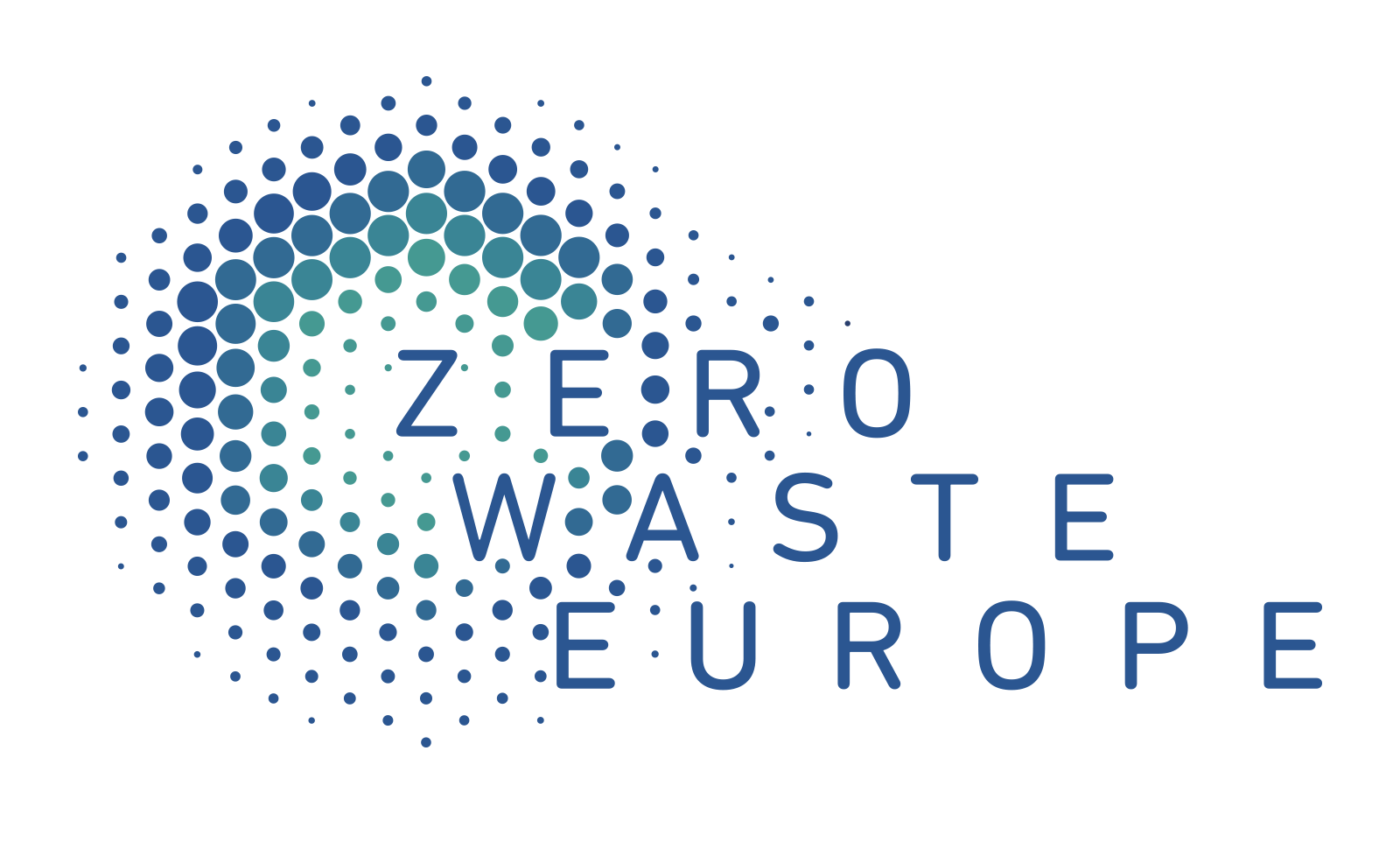Writing the new story of plastic: How #zerowastecities experiences and EU policies can work together for higher ambition
In 2015, the European Union made a pioneering move to introduce the Circular Economy Package, a groundbreaking initiative aimed at reducing the impact of waste generated by European societies. With the European Strategy on Plastics launched in 2018 and the Single-Use Plastics Directive adopted in 2019, the EU has taken important first steps towards reducing the immediate harm that plastics cause to our environment and health. However, the success of these initiatives will depend on how the legislation will be translated into concrete actions on the ground.
The impacts of increased production and consumption of plastic in Europe is only now beginning to be truly understood. The billions of tonnes of plastic that end up in our oceans each year, the pollution plastic waste causes to communities and the natural environment, and the rising of CO2 emissions from extraction and refinement of oil and gas used to produce plastics, are all having dire consequences on our planet and our health. It is more and more clear that the solution to plastic pollution and the waste crises we face today lies within a zero waste approach, therefore it is at the local level where the success or failure of Europe’s transition towards a circular economy will be decided.
How can we write the new story of plastic together?
Zero Waste Europe and the Rethink Plastic alliance organise a one-day event to try to answer that. The event aims to shine a spotlight on the implementation of EU policies on plastic: looking critically at local level implementation, pointing to gaps in legislation, and analysing possible room to go further towards a zero waste future.
Held in Brussels during Break Free From Plastic’s global week of action, just before the European Week of Waste Reduction, the event convenes a group of leading representatives from the European Commission and Parliament, civil society, business and industry, waste practitioners and local municipality officials from nearby regions. We will examine why local actors are so critical to ensuring the success of the EU’s plastic and circular economy legislation, taking words and ambition in Brussels and translating these into concrete, tangible policies on the ground for communities across the continent.


